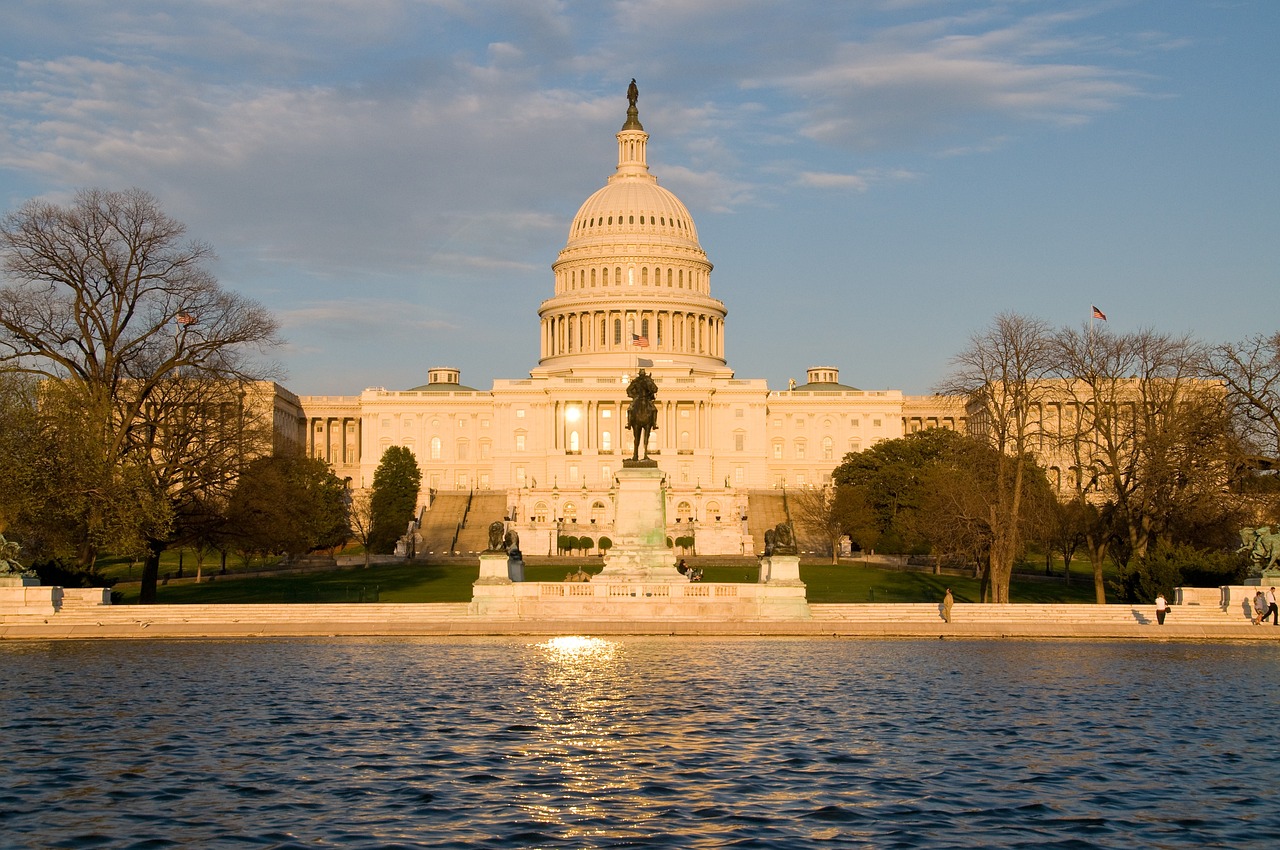Understanding (A Few) Of The Challenges Of Implementing The Energy Code In Existing Buildings
Let's Save Energy
Alliance to Save Energy's Blog
Understanding (A Few) Of The Challenges Of Implementing The Energy Code In Existing Buildings

This blog post was originally published on OCEAN's website.
Addressing building energy code compliance has proven to be a difficult task; one that becomes considerably more daunting when the subject is existing buildings. In the past year, BCAP has increased its focus on examining the challenges facing the implementation of the energy code in existing commercial buildings. The countless possibilities in existing building modifications underscore the impact that they can have on building energy performance. Because of this, an emphasis was placed on the process of energy code implementation. Building professionals and enforcement officials ultimately determine the energy performance potential of a building; addressing the gaps and barriers that they face in their implementation processes should lead to improved energy code compliance and energy performance in existing buildings.
Working with the Energy Efficient Buildings Hub in Philadelphia provided us with access to numerous stakeholders and let us begin our research by taking a close look at the conditions in a specific region. Perhaps the most significant finding was that the approach taken by stakeholders for addressing the energy code in existing buildings was often no different than that for new construction. Though there are many specific issues that contribute to the underperformance of existing building modifications and non-compliance with the energy code, this fundamental gap reveals that any changes to the process need to also drive behavioral change.
Understanding when and how the building energy code applies to different types of existing building modifications is crucial for a building to reach its energy savings potential. Last month in Atlantic City, a proposal that added a new chapter which specifically addresses existing buildings was approved for the 2015 IECC. This addresses a significant barrier in energy code compliance for existing buildings. While acknowledging the importance of this issue, we also wanted to take a closer look at the operational challenges faced by the different stakeholders involved in the implementation of the energy code in existing buildings.
In our search for challenges unique to existing buildings, we found many of the same barriers that are faced in new construction. However, within these issues we were able to identify opportunities to specifically address existing buildings.
Shortage of skilled design professionals
Energy modeling is necessary in properly assessing the impact of a building modification and should be included early on as part of the energy code implementation process for existing buildings.
Shortage of enforcement resources
Improved documentation for building permits and would help local building departments to work more efficiently and help inform building professionals of existing conditions during the design and construction process.
Lack of communication and poor exchange of information among stakeholders
The need for communication between owners, architects, and engineers is even more crucial because existing building conditions need to be assessed and taken into consideration.
- Educate stakeholders
- Drive behavioral change
- Improve the efficiency and effectiveness of building professionals and enforcement officials
RECENT BLOG POSTS
STAY EMPOWERED
Help the Alliance advocate for policies to use energy more efficiently – supporting job creation, reduced emissions, and lower costs. Contact your member of Congress.
Energy efficiency is smart, nonpartisan, and practical. So are we. Our strength comes from an unparalleled group of Alliance Associates working collaboratively under the Alliance umbrella to pave the way for energy efficiency gains.
The power of efficiency is in your hands. Supporting the Alliance means supporting a vision for using energy more productively to achieve economic growth, a cleaner environment, and greater energy security, affordability, and reliability.



